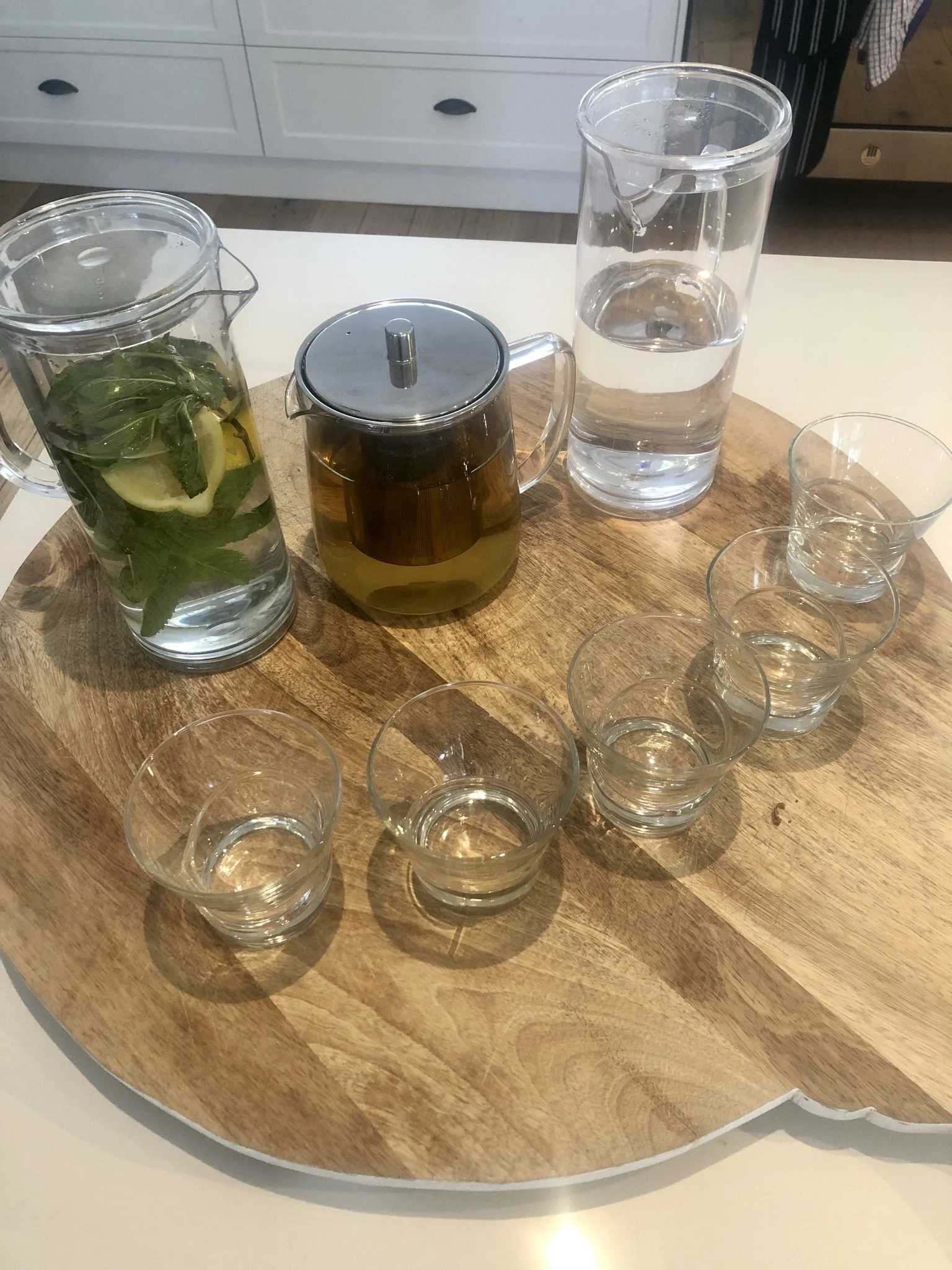Better Sleep Is Within Reach
If you’re aiming to age gracefully, supporting your deep sleep is one of the best investments you can make in your health. It helps everything from brain performance to immune resilience and hormone balance.
During deep sleep, your brain detoxifies itself. Cerebrospinal fluid washes through your brain’s tissues, clearing out harmful waste like beta-amyloid, linked to Alzheimer’s disease. This nightly cleanse is just one of the many reasons why deep sleep is critical for long-term brain health and longevity.
Deep sleep is important for memory, healthy aging and repair of cells.
Why Prioritising Deep Sleep Is Vital for Ageing Well
Deep sleep—or slow-wave sleep—is the most restorative sleep stage. It helps with physical repair, immune function, and memory consolidation. As we age, the amount of deep sleep we get tends to decline, often leading to lighter sleep, more night-time awakenings, and less energy during the day.
Keep the Rhythm: Why a Consistent Sleep Schedule Matters
Your body follows a natural sleep-wake cycle known as the circadian rhythm. Aligning your bedtime and wake-up time each day—even on weekends—helps your body release melatonin at the right time and transition more easily into deep sleep.
A study published in Sleep Health showed that irregular sleep schedules were linked to increased sleep disturbances and lower deep sleep percentage.
Craft a Sleep-Friendly Bedroom Environment
Creating the right atmosphere can have a profound effect on how deeply you sleep. Cooler room temperatures (around 17–19°C) help lower core body temperature, which promotes the onset of slow-wave sleep. A 2019 study in Somnologie found that excessive light exposure during sleep suppressed melatonin and disrupted sleep architecture.
The Magic of Morning Light
Want better sleep tonight? Get sunlight this morning. Morning light exposure helps calibrate your body clock and increase nighttime melatonin production.
According to research even 20 minutes of morning sunlight significantly improved sleep onset and deep sleep duration in older adults.
Why Cutting Caffeine and Alcohol Improves Sleep Depth
Caffeine stays in your system for 6–8 hours and can block adenosine, the neurotransmitter that promotes sleep pressure. A study in the Journal of Clinical Sleep Medicine found that consuming caffeine even six hours before bed reduced total sleep time and deep sleep. While alcohol may make you drowsy at first, it interferes with REM and deep sleep later in the night. A 2018 review in Alcoholism: Clinical & Experimental Research confirmed that alcohol reduces sleep quality and increases night-time wakefulness.
Relaxation Rituals That Help You Drift Deeper
A calming pre-bed routine prepares your nervous system for rest. Breathwork practices like 4-7-8 breathing, stretching, or even journaling reduce cortisol and shift your body into parasympathetic (“rest and digest”) mode.
Also important: reducing screen time and blue light in the evening. Studies show that blue light delays melatonin release and shifts the sleep cycle forward, making it harder to enter deep sleep.
Move Your Body to Boost Deep Sleep
Physical activity can significantly increase the amount of deep sleep you get each night. Exercise raises sleep-promoting adenosine and lowers stress hormones like cortisol.
Studies found that adults who exercised regularly spent more time in slow-wave sleep and reported better sleep quality overall.



